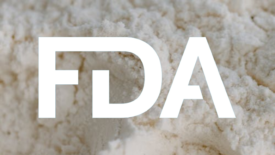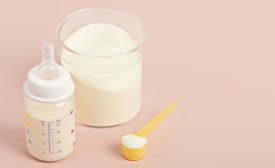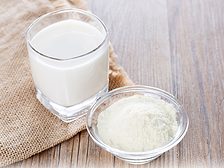Home » Cronobacter
Articles Tagged with ''Cronobacter''
Low Moisture
Cronobacter: Pathogen Considerations beyond Salmonella in Dairy Powders
Low-moisture foods present challenges for pathogen control.
April 15, 2021
Never miss the latest news and trends driving the food safety industry
eNewsletter | Website | eMagazine
JOIN TODAY!Copyright ©2025. All Rights Reserved BNP Media.
Design, CMS, Hosting & Web Development :: ePublishing









